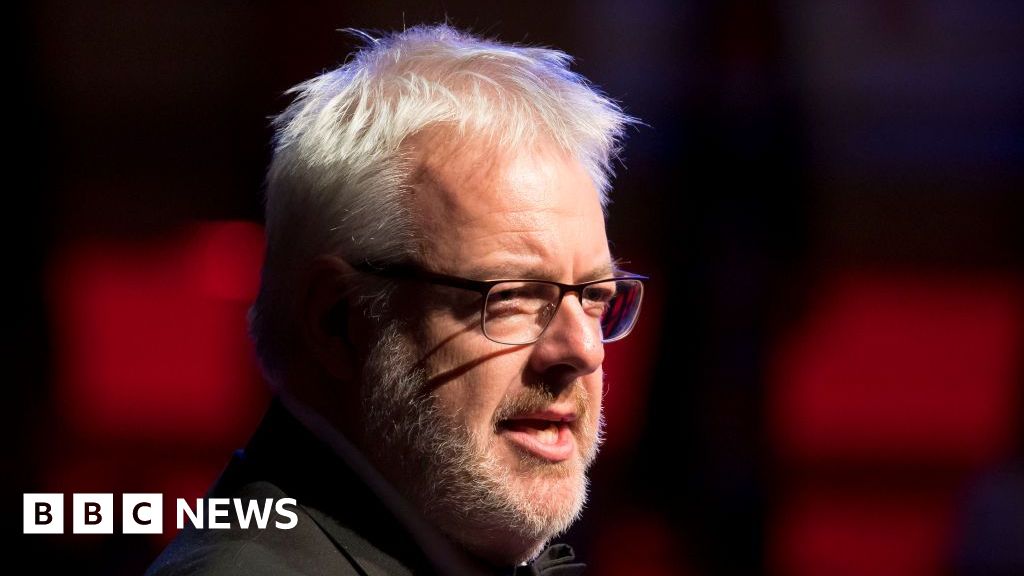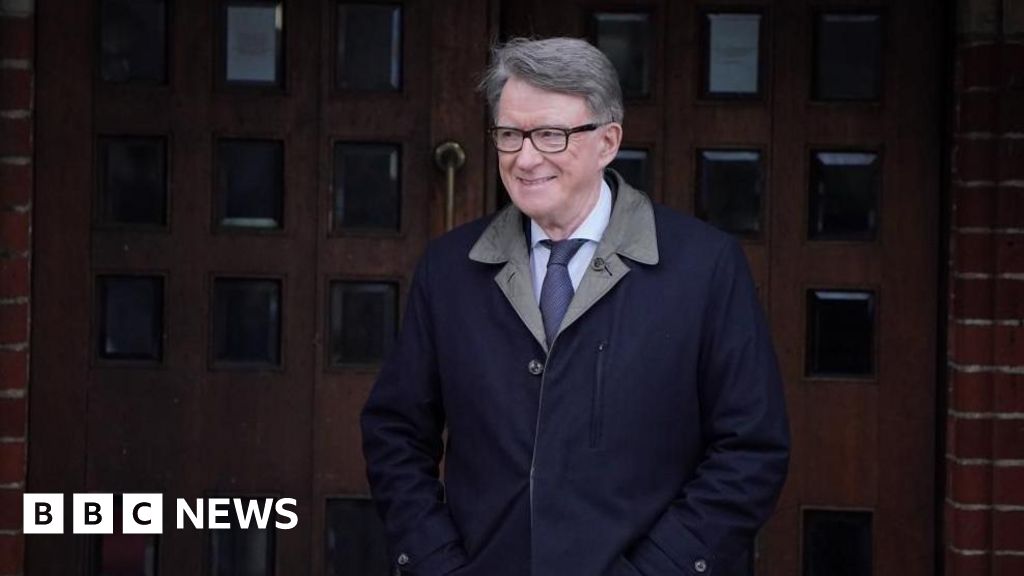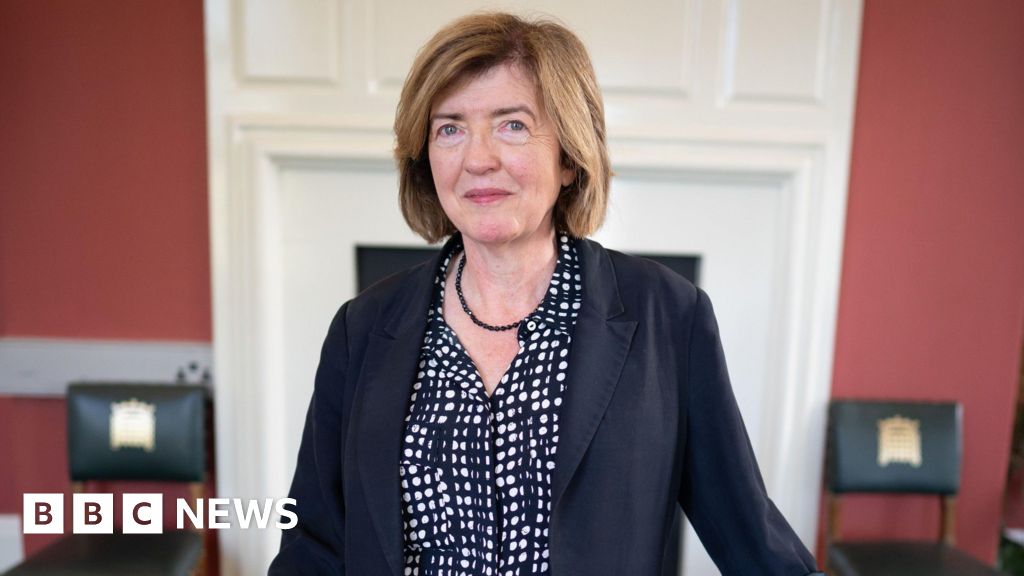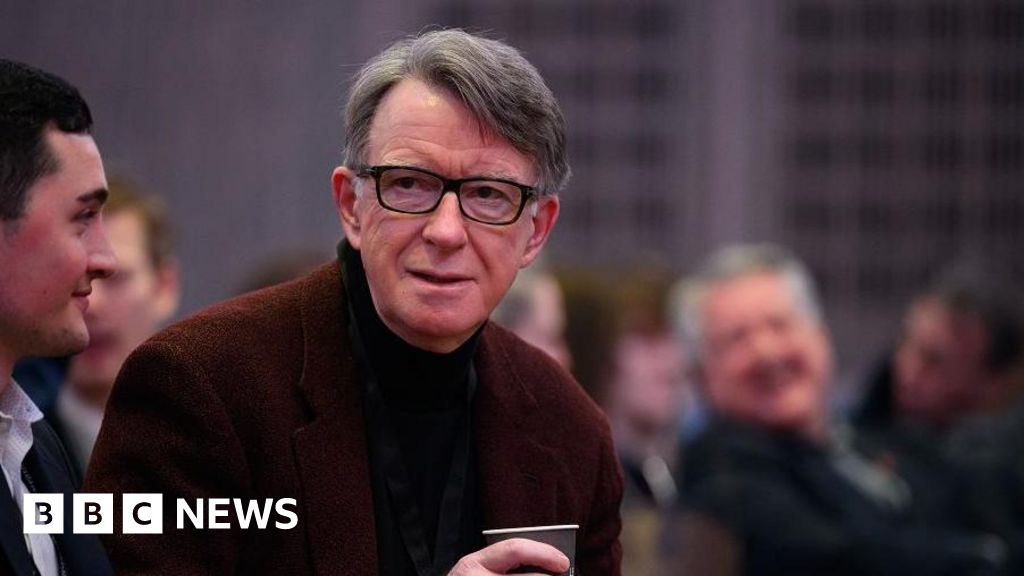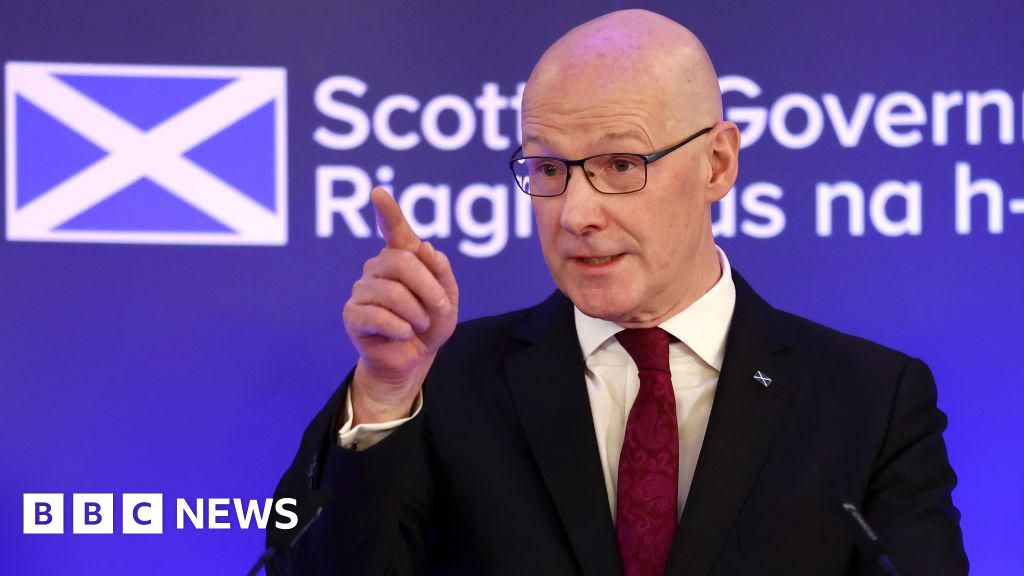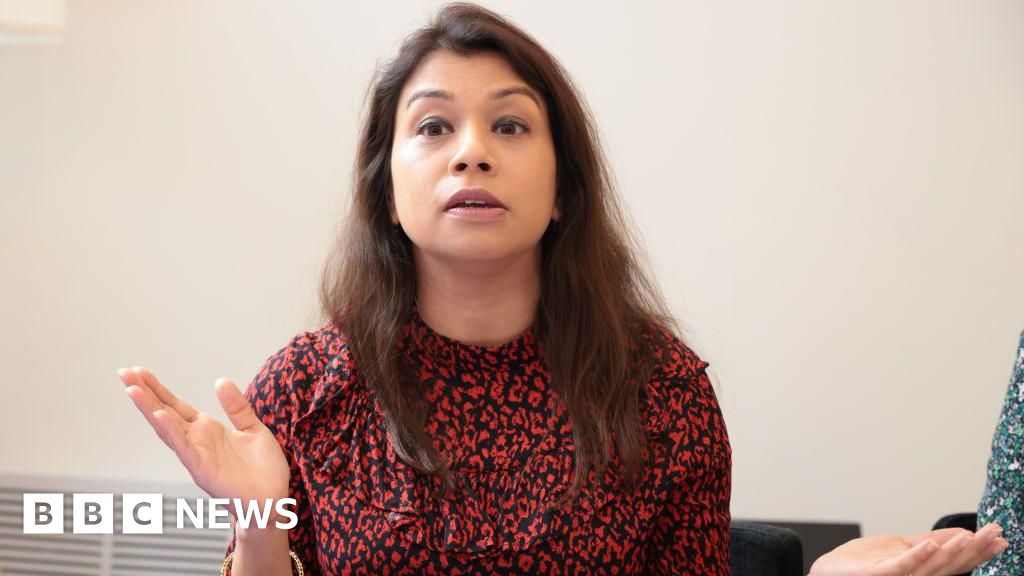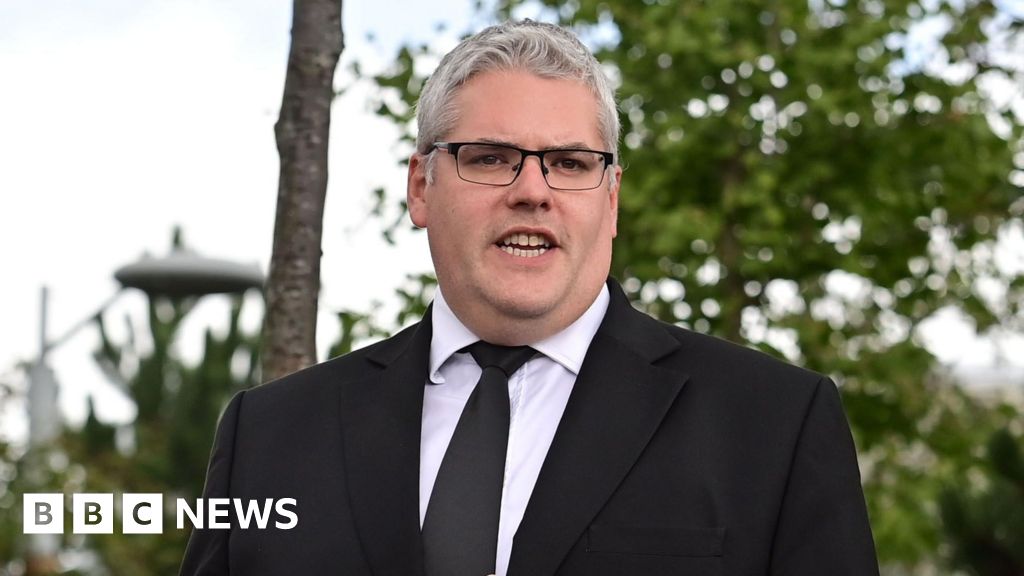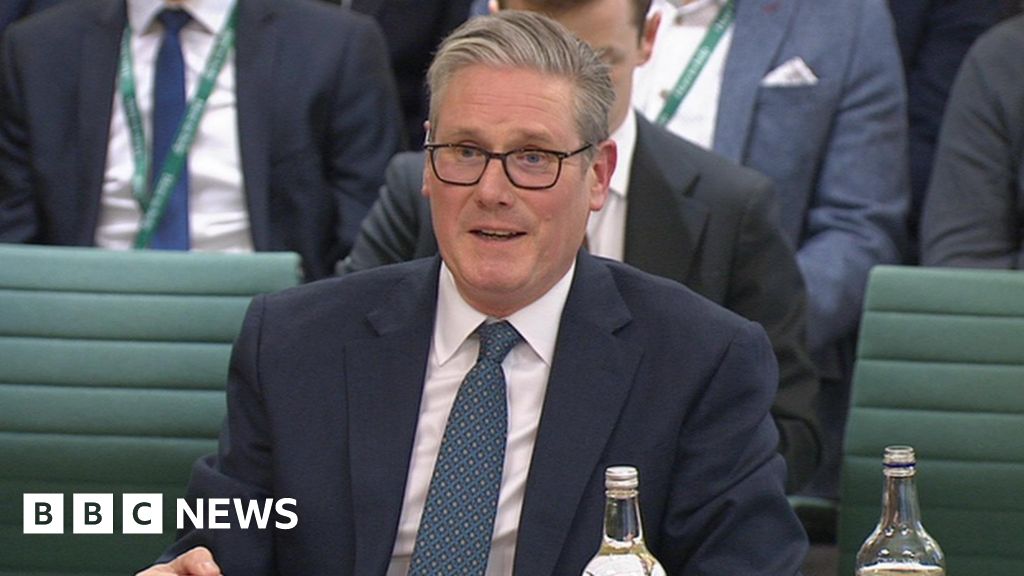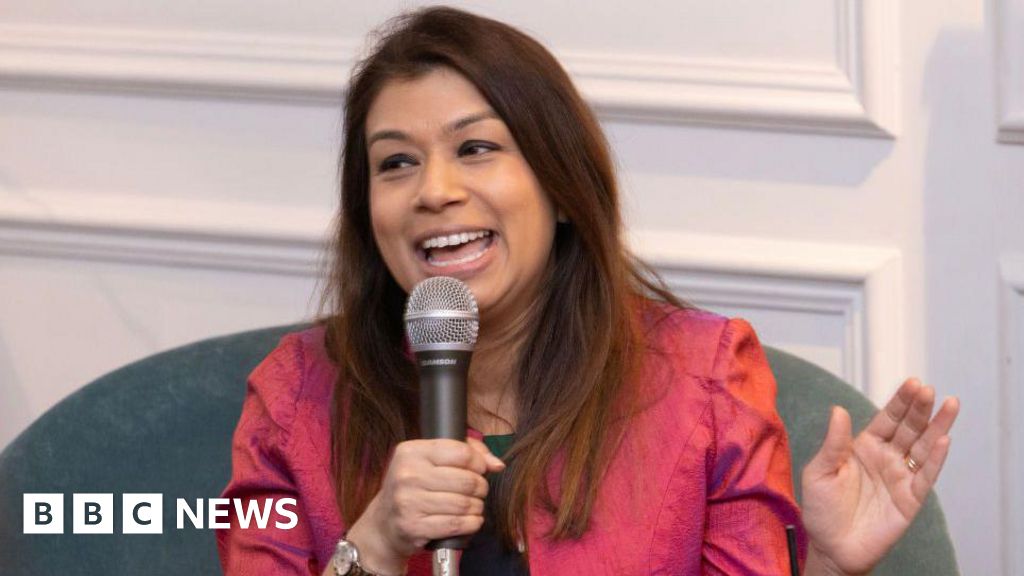A non-binding vote on reversing the government's decision to means-test Winter Fuel Payments will now go ahead at Labour conference.
Scores of campaigners chanting “save the winter fuel” staged a protest in the conference exhibition hall on Wednesday morning.
Chancellor Rachel Reeves' decision to scrap universal payment of up to £300 this winter will be challenged by unions at the conference in Liverpool.
Unite the Union general secretary Sharon Graham told the BBC moving the vote to the last day of conference, when it was initially pencilled-in for the same day as the Chancellor's speech, was “disrespectful”.
Conference closes at noon on Wednesday and many delegates have already left, following Sir Keir Starmer's speech on Tuesday.
The Conference Arrangements Committee initially indicated a vote could happen as part of Monday's economy debate.
However, the motion wasn't then scheduled, but Ms Graham said the vote was now "back on the conference agenda".
Accusing the government of "picking the pockets of pensioners", she said the payments should be reinstated “or there could be people dying as a result”.
If the mood of those in the conference hall matched those of people outside, the vote "should sail through", she said, because people are "disgusted, quite frankly".
About 10 million pensioners are expected to lose their payment this winter, but supporters of means-testing say the payment is not needed by many.
In her conference speech, Reeves defended her decision to cut winter fuel payments for many pensioners ahead of her first Budget on 30 October.
She said: "It was made clear to me that failure to act swiftly could undermine the UK's fiscal position with implications for public debt, mortgages and prices.
"And so, I took action to make the in-year savings necessary."
Sir Keir also acknowledged concerns about he decision in his speech but said "stabilising our economy is the first step of this long-term plan".
The motion to reverse the decision will be put forward by Unite, one of the country's biggest unions, and seconded by the Communication Workers Union (CWU), which represents postal workers and the banking sector, among others.

 2 months ago
20
2 months ago
20
